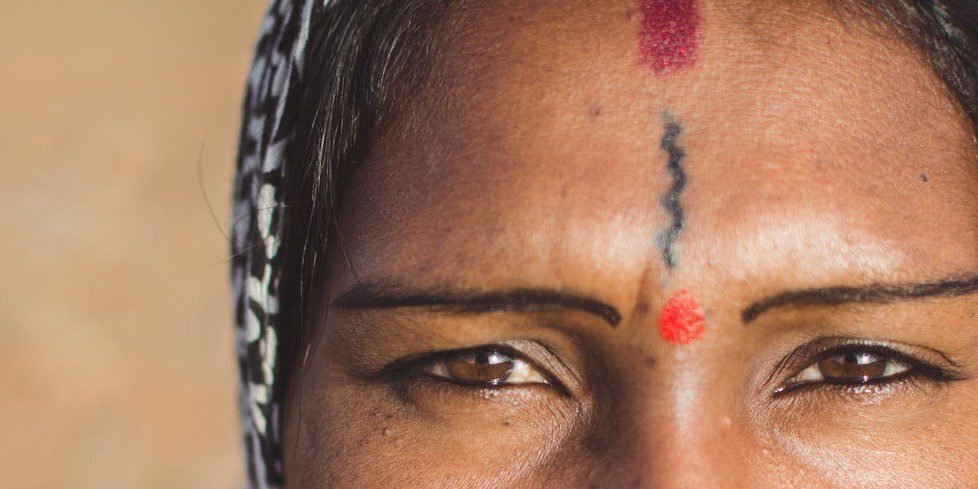Study finds ‘Extensive gender discrimination in healthcare access’ for women in India

File photo courtesy: Unsplash.
Women below the age of 30 and above the age of 60 and those who live far away from a major hospital are subject to “extensive gender discrimination” when it comes to accessing healthcare in India.
Researchers analyzed more than 2.3 million outpatient clinic appointments for all medical departments except obstetrics and gynecology at a Delhi hospital in 2016.
For the study, published earlier this month in BMJ Open, researchers wanted to determine if gender or age differences impacted a patient’s access to healthcare.
Of the visits analyzed, almost two thirds (63 per cent) were made by male patients while 37 per cent were made by females.
RELATED: Report points to widespread OB-GYN shortage
“Comparing the total number of actual visits to those that should have taken place based on the population sex ratio, 402,722 female outpatient visits were ‘missing’ from these four locations–nearly half (49 per cent) the actual number, calculate the total,” the study’s authors said in a statement.
Researchers weren’t able to establish the cause of the ‘missing’ female patients due to the observational nature of the results.
“Nevertheless,” the author’s statement reads, “the findings suggest “extensive” discrimination in access to healthcare, with younger and older women and those living further away from the hospital, especially likely to miss out.”
Researchers are calling for “systematic societal and governmental action,” arguing the study has “important implications for gender-related health policy which has so far focused on maternal health.”
The paper can be found online at BMJ Open.
